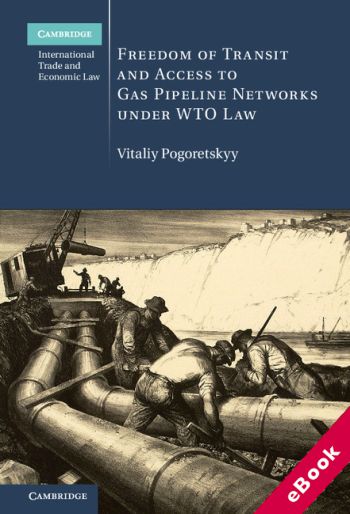
The device(s) you use to access the eBook content must be authorized with an Adobe ID before you download the product otherwise it will fail to register correctly.
For further information see https://www.wildy.com/ebook-formats
Once the order is confirmed an automated e-mail will be sent to you to allow you to download the eBook.
All eBooks are supplied firm sale and cannot be returned. If you believe there is a fault with your eBook then contact us on ebooks@wildy.com and we will help in resolving the issue. This does not affect your statutory rights.
Gas transit is network-dependent and it cannot be established without the existence of pipeline infrastructure in the territory of a transit state or the ability to access this infrastructure. Nevertheless, at an inter-regional level, there are no sufficient pipeline networks allowing gas to travel freely from a supplier to the most lucrative markets.
The existing networks are often operated by either private or state-controlled vertically integrated monopolies who are often reluctant to release unused pipeline capacity to their potential competitors. These obstacles to gas transit can diminish the gains from trade for states endowed with natural gas resources, including developing landlocked countries, as well as undermine WTO Members' energy security and their attempts at sustainable development. This book explains how the WTO could play a more prominent role in the international regulation of gas transit and promote the development of an international gas market.